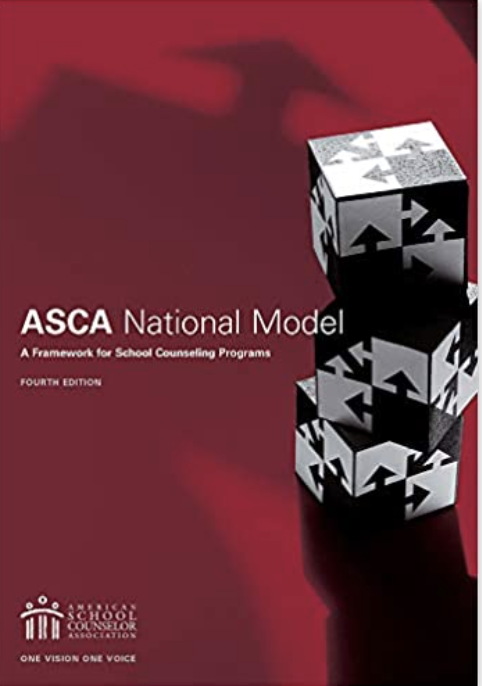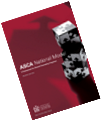School Counselor Collaborative Cohort
(October 2023 - May 2024) 3 optional graduate SMC credits
Instructors: Rachel Luks Petraska, M.S. Shelburne Community School, School Counselor, grades 6-8 (She/Her/Hers) and
Patti Tomashot, M.S., C.A.G.S., Stowe High School, School Counseling Director, grade 9 - 12 (She/Her/Hers)
Target Audience: Current school counselors, new school counselors, counseling directors, mentors and internship supervisors
Effectively supporting counselors (both new and experienced) is crucial for both retention and developing expertise in relation to a student's academic achievement as well as their social and emotional well being. In these interactive virtual sessions, participants discover practical strategies to manage their caseload, increase student achievement, build strong relationships, and how to tend to their own wellness and self-care needs to avoid burnout and early career attrition. Participants will also learn how to implement the American School Counseling Association’s (ASCA) national counseling standards. The Vermont school counselor’s goal is to help every student succeed and support them in becoming productive classroom and school community contributors, competent and satisfied in their future careers, and socially/emotionally healthy individuals throughout their lifespan. This can lead to a long-lasting, statewide impact in our economy, culture, mortality, quality of life and well-being in every region of Vermont. The ASCA Student Standards serve as the foundation for school counselors' work in direct student services for all students and describe the knowledge, attitudes and skills students should be able to demonstrate as a result of a school counseling program. Participants will learn how to deliver a counseling program that is integral to the school's academic mission and created to have a significant positive impact on student achievement, attendance and discipline.
Rachel Petraska and Patti Tomashot, experienced school counselor leaders, offer counselors a road map for navigating the crucial beginning years in the field. Designed also for counselor mentors, counseling directors and counselor internship supervisors, this course identifies the different phases every new and current counselor goes through, offering crucial strategies to navigate each. Participants return to schools equipped with proven instructional and self-care practices. Counselors will create a plan for implementation of the VT School Counseling Framework, and a monthly road-map to follow that aligns with the VT Framework and ASCA. Counselors will have each other to connect and collaborate with throughout the year, getting to see multiple perspectives and participating in confidential case studies to help problem-solve whatever issues that come up. Each month, we’ll invite a partner/constituency that will provide knowledge and expertise in a variety of areas such as special education, administration, technology and education law and how they all intersect with the school counselor role.
Throughout the course you will:
Explore the six phases of beginning school counselors: 1) anticipation, 2) survival, 3) disillusionment, 4) rejuvenation, 5) reflection, and 6) second anticipation.
Understand the feelings and challenges associated with each phase.
Discover practical strategies for small group work, classroom facilitation and individual student meetings
Explore exemplar SEL curriculums to use at the universal level.
Learn how to practice self-care to avoid career burnout that so often leads to counselors changing careers.
Develop a plan for decreasing stress, increasing student achievement and enhancing students’ social and emotional well-being
The major work of the course will be the development of a continuous comprehensive school counseling program for your school/grade bans that you cover.
Outcomes of this course:
How to use and understand the VT Model
How to use data to improve/enhance program
To build a cohort of counselors
How to find evidence based curriculum for all grades
How to enhance your SEL practice
How to meet the ASCA national standards and understand the domains
How to work with your school administrators and how to navigate leadership changes
How to implement your program
How to market your program
Note: This course will be taught in either an in-person classroom or virtually, as needed. It is equipped with a Zoom Room Classroom Camera & Audio for remote access for participants.
Dates: October 19, 2023, November 7, 2023, January 25, 2024, March 11, 2024, May 2, 2024
Hours: 9 -3:30 pm (includes lunch)
Location: CVEDC Classroom, 150 Kennedy Drive, S. Burlington, VT
Cost: $1180 – includes book
$1600 – includes 3 gr. credits & book
Text: ASCA National Model: A Framework for School Counseling Programs (4th edition)


